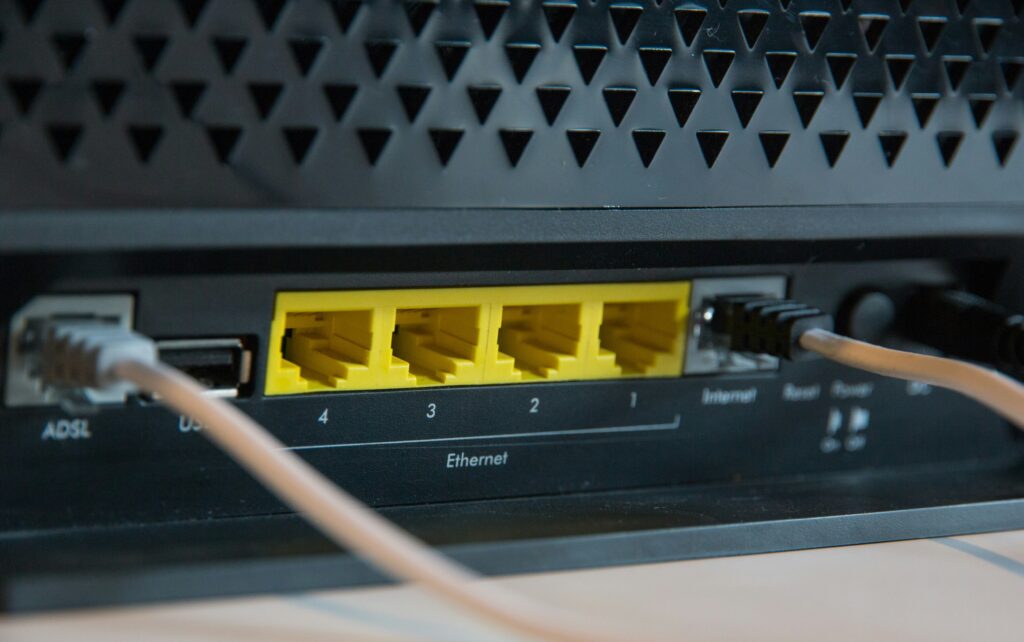Taliban leader Hibatullah Akhundzada ordered a complete ban on fibre optic internet across Balkh province to “prevent immorality,” a provincial spokesperson confirmed. The ban affects government offices, private businesses, schools, and residential homes, cutting off Wi-Fi access entirely. Authorities stressed that mobile data remains active, though residents report that it is slow, expensive, and insufficient for daily needs. This is the first time the Taliban has imposed such a wide-ranging internet restriction since taking power in August 2021. Officials offered no explanation for why Balkh was targeted or whether the ban could expand to other provinces.
Residents Face Work and Daily Life Challenges
Local residents say the shutdown has disrupted work, education, and communication with the outside world. One Mazar-e-Sharif resident said his home connection stopped functioning several days ago, forcing him to rely on costly mobile data. He added that stable internet is critical for interacting with international clients and companies, and the lack of service threatens his livelihood. “I might have to move to another province because I cannot afford this loss,” he said, speaking anonymously out of fear of reprisals. Many households and businesses report similar difficulties, emphasizing the growing impact of the ban on economic and social life.
Officials Promise Alternatives but Give Few Details
Provincial spokesman Haji Attaullah Zaid said authorities plan to build an alternative network to meet essential needs. However, officials provided few details regarding timelines, infrastructure, or how they intend to balance morality concerns with technological necessities. In previous cases, authorities occasionally suspended mobile networks temporarily during religious festivals to prevent potential threats, such as explosive devices. This ban, however, targets permanent infrastructure, signaling a stricter approach to controlling internet access. Residents and experts express concern about long-term consequences, including economic setbacks, limited access to information, and further isolation from global communication networks.


